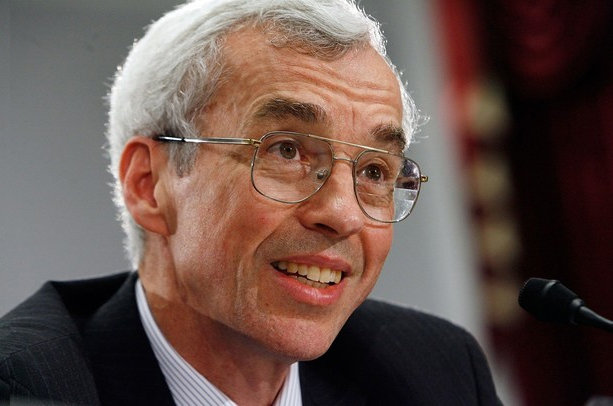No country in position to become a hegemon: ex-CIA analyst

TEHRAN – Professor Paul Pillar, who was CIA intelligence analyst for 28 years, tells the Tehran Times that “no country today is in position to become a world hegemon.”
Pillar also says states do not “accept the idea of a world hegemon”.
Following is the text of the interview.
Q: Some believe after a possible decline of the U.S. hegemony, there would be no other hegemon because states would not accept it any more. What do you think?
A: No country today is in position to become a world hegemon, and no such country is likely to emerge in the foreseeable future. Power is simply too widely dispersed for such domination to occur on a global basis. Although many thought the United States to have been a global hegemon in the years following the Cold War, the United States never had as much ability to operate without challenge as was often perceived. There always has been widespread resistance to any one power dominating the world. With the United States being the most powerful country, one could see such resistance even among U.S. allies. Resisting U.S. domination has long been a theme in France, for example.
Not only do states not accept the idea of a world hegemon; most states--even relatively small ones--have many ways to limit the projection of power by a much stronger state. Such resistance often may be subtle, consisting mainly of withholding certain forms of cooperation.
Q: If we face a multipolar world in the future, what will be its effect on world order? Can we witness a more stable world in a multipolar system?
A: Scholars have long debated what kind of distribution of power among major states--that is, what type of polarity the world exhibits--is most likely to produce stability. Disagreements about this persist. A multipolar world can be a stable world. The multipolarity established among European powers after the Napoleonic Wars mostly kept the peace for nearly a century. Under multipolarity, the main deterrent against aggressive behavior is the prospect that other powers will ally to oppose any attempt by any one state to become a hegemon.
The bipolarity that existed during the Cold War, in which the United States and the Soviet Union were each considered a superpower to be leading a coalition and the East-West rivalry was the main feature of world politics, exhibited some stability in the sense that there never was a direct hot war between the two superpowers. But stability at one level can mean instability at a different level. The U.S.-Soviet rivalry played out in violent form in many places in the form of internal wars and proxy wars. There is no reason to expect a multipolar world to be any worse than that. Nor there is reason to believe that internal and local wars would be any more prevalent under multipolarity than they have been in the years that the United States supposedly enjoyed dominance.
Q: Some believe that a multipolar world will result in more obscure alignment of states. What do you think of this?
A: In a multipolar world, cooperation and assistance between states is less likely to take place within formal alliances than was true in the bipolar world of the Cold War. It is also less likely than in the post-Cold War years of supposed U.S. domination. Under multipolarity, states find that they share interests with certain other states on some issues, and with different states on other issues. Alliances thus are more informal and temporary arrangements, rather than being institutionalized in a treaty. The most successful leaders in this kind of multipolar world are ones who recognize this complexity. Such leaders are prepared to cooperate with any other state that happens to share interests on even just a single issue.
Q: If we believe in a multi-polar world for the future, which counties or organizations will form those poles?
A: The power and influence of each state will continue to depend on a combination of factors, including economic strength, military capability, and overall size. Some states will be stronger on some of these dimensions and weaker on others. The United States, China, and the European Union certainly will continue to constitute three of these poles. Beyond that, the top rank of global powers will be less clear. Russia still needs to be counted, on the basis of military power even though it is economically weak.
Leave a Comment